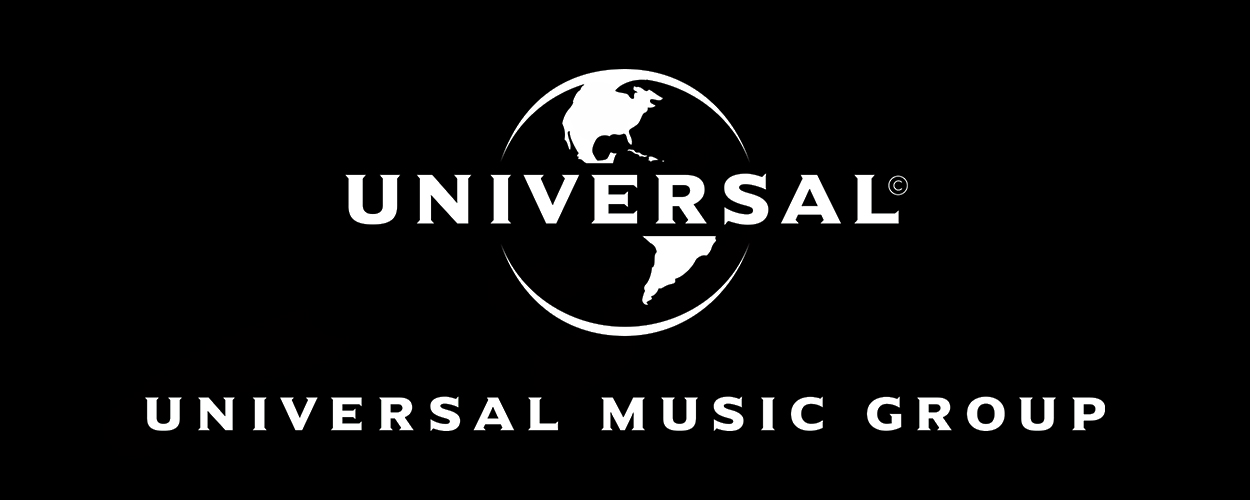This website uses cookies so that we can provide you with the best user experience possible. Cookie information is stored in your browser and performs functions such as recognising you when you return to our website and helping our team to understand which sections of the website you find most interesting and useful.
Business News Labels & Publishers Legal
New filing in Universal Music’s termination rights litigation
By Chris Cooke | Published on Tuesday 19 April 2022

A group of artists suing Universal Music in the US in a dispute over the termination right in American copyright law filed new papers with the court on Friday seeking class certification, so that they can represent any artists who are seeking to enforce that right against the major.
The termination right says that artists who assign their copyrights to third parties can terminate that assignment and reclaim those rights – albeit only within the US – after 35 years. When it comes to song rights, it has become quite common for songwriters to seek to enforce that right and reclaim previously assigned copyrights.
However, when it comes to recordings, many labels argue that the termination right does not apply. That’s based on the argument record deals are so called ‘work for hire’ agreements. If that’s the case, the label – not the artist – is the default owner of any copyrights created under a record deal, meaning no rights are ever assigned from artist to label, meaning there is no assignment to terminate.
As a result, many heritage artists who did their record deals more than 35 years ago and have sought to exercise their termination right have been unable to reclaim any rights. Plenty of artists – and their managers and lawyers – have been critical of the work for hire argument for years now, but it took a while for any one to start testing that argument in the courts.
Some artists – and especially bigger name artists – have been able to use the threat of seeking to test the termination right in court to persuade or force a former label to renegotiate an old record deal. But in 2019 a number of artists did go legal, seeking court confirmation that record deals are not – in fact – work for hire arrangements, meaning that the termination right does apply to artists as well as songwriters. Lawsuits against both Sony Music and Universal Music were filed.
Friday’s court filing related to the latter. The aim all along has been to make these lawsuits class actions, so other heritage artists can also benefit from any successful ruling.
The new legal papers provided more information on what classes the Universal litigation seeks to represent. There would be two classes. One for artists who have already served termination notices against Universal seeking termination from anytime between 1 Jan 2013 and the point at which class certification is confirmed. And another for artists who serve termination notices after class certification up to 31 Dec 2031.
Friday’s filing also included some requests from the named plaintiffs in the case – including musician John Waite – for summary judgements in their favour. Universal previously failed in its motion to get the case dismissed.
Responding again to the major’s work for hire defence, the filing stated: “After extensive discovery as to all of the artists in the classes, defendants have failed to proffer any probative or relevant evidence that any recording artists within the proposed classes had an employer-employee relationship with any of defendants’ record labels at any relevant time”.
Meanwhile, one of the lawyers repping the musicians, Evan S Cohen, said of the latest development in the case: “Class certification will position the plaintiffs to achieve an historic rebuke of the labels’ misplaced reliance upon the work made for hire doctrine and will enable artists to regain ownership of their copyrights”.
There is no termination right under UK copyright law, although such a right was proposed during the recent economics of streaming debate and the Intellectual Property Office has commissioned research on how rights of this kind work.





